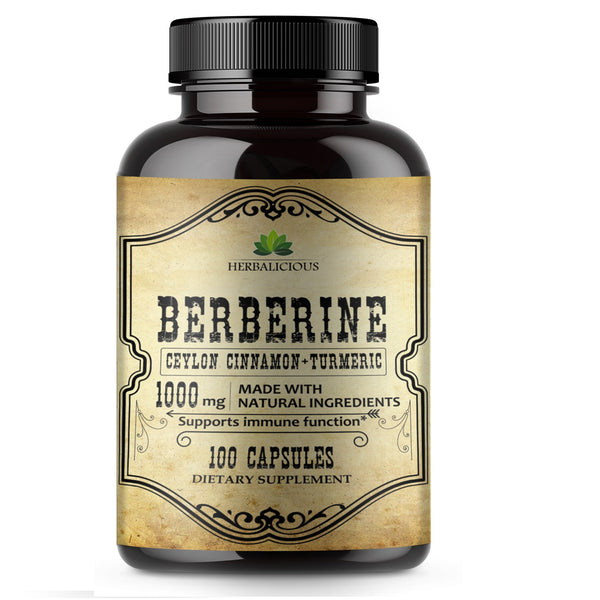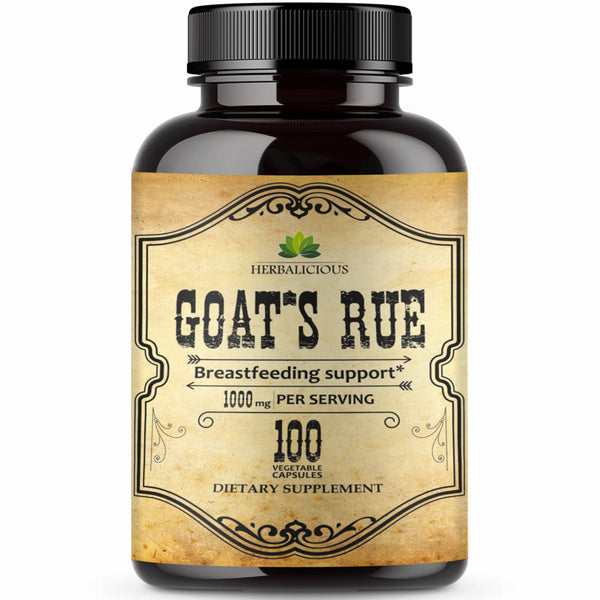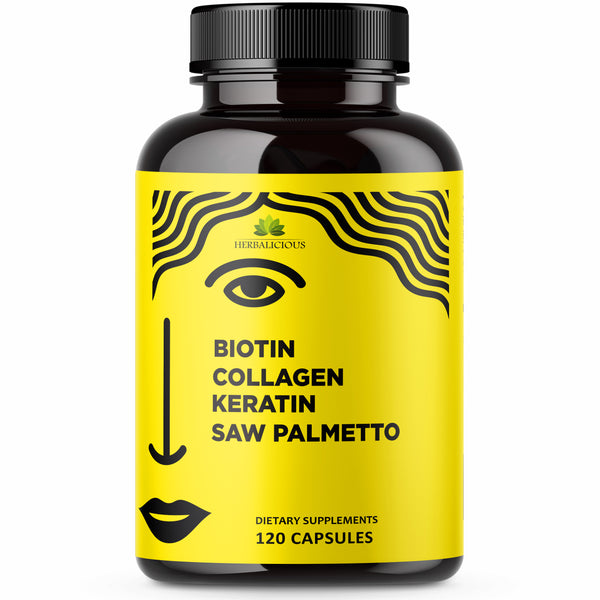Acne is a common skin condition that affects millions of people worldwide. It is caused by clogged pores, excess oil production, and inflammation.
While there are many treatments available for acne, hyaluronic acid has emerged as a popular ingredient in skincare products.
In this article, we will explore the benefits of hyaluronic acid for acne-prone skin.
Hyaluronic Acid for Acne: How Does it Work?
Hyaluronic acid is a humectant, which means it can attract and retain water molecules. When applied to the skin, it can help to keep it hydrated and moisturized, which is especially important for acne-prone skin.
Dehydrated skin can lead to excess oil production, clogged pores, and further breakouts. it can also help to reduce inflammation, which is a common feature of acne.
The Role of Hyaluronic Acid in Acne Treatment
When used in combination with other acne-fighting ingredients, such as salicylic acid or benzoyl peroxide, it can help to hydrate and soothe the skin, reducing the risk of irritation and inflammation.
Additionally, it can help to improve the appearance of acne scars by promoting the production of collagen and elastin, which are essential for healthy skin.
Best Hyaluronic Acid Products for Acne
When it comes to choosing the right this product for acne-prone skin, there are many options available.
Hyaluronic acid serums and moisturizers are two popular choices. Serums are lightweight and fast-absorbing, making them ideal for layering under other skincare products.
Moisturizers are thicker and more emollient, making them perfect for dry or dehydrated skin.
Look for products that are labeled non-comedogenic, which means they won’t clog pores and cause further breakouts.
Hyaluronic Acid and Acne Scars
Acne scars can be a frustrating and challenging problem to treat.
This can help to improve the appearance of acne scars by promoting the production of collagen and elastin, which are essential for healthy skin.
Additionally, hyaluronic acid can help to plump up the skin, reducing the appearance of fine lines and wrinkles.
Hyaluronic Acid vs. Salicylic Acid for Acne
Salicylic acid is a popular ingredient in many acne treatments, but how does it compare to hyaluronic acid? While both ingredients can be beneficial for acne-prone skin, they work in different ways.
Salicylic acid helps to exfoliate the skin, unclog pores, and reduce inflammation. Hyaluronic acid helps to hydrate and soothe the skin, reducing the risk of irritation and inflammation.
When used together, they can be a powerful combination for treating acne.
Hyaluronic Acid and Acne-Prone Skin Care Routine
Incorporating into your skincare routine can be beneficial for acne-prone skin. Start by cleansing your skin with a gentle, non-drying cleanser.
Follow up with a hyaluronic acid serum or moisturizer to help hydrate and soothe the skin.
Finally, use a sunscreen with at least SPF 30 to protect your skin from UV damage, which can exacerbate acne.
This is a powerful ingredient that can provide many benefits for acne-prone skin.
It helps to keep the skin hydrated, soothes inflammation, and promotes collagen and elastin production, which can improve the appearance of acne scars.
When used in combination with other acne-fighting ingredients, such as salicylic acid, it can be a powerful tool in the fight against acne.
As with any skincare product, it is essential to choose high-quality, non-comedogenic products and to incorporate them into a regular skincare routine.
By doing so, you can achieve healthy, glowing skin and say goodbye to acne for good.















